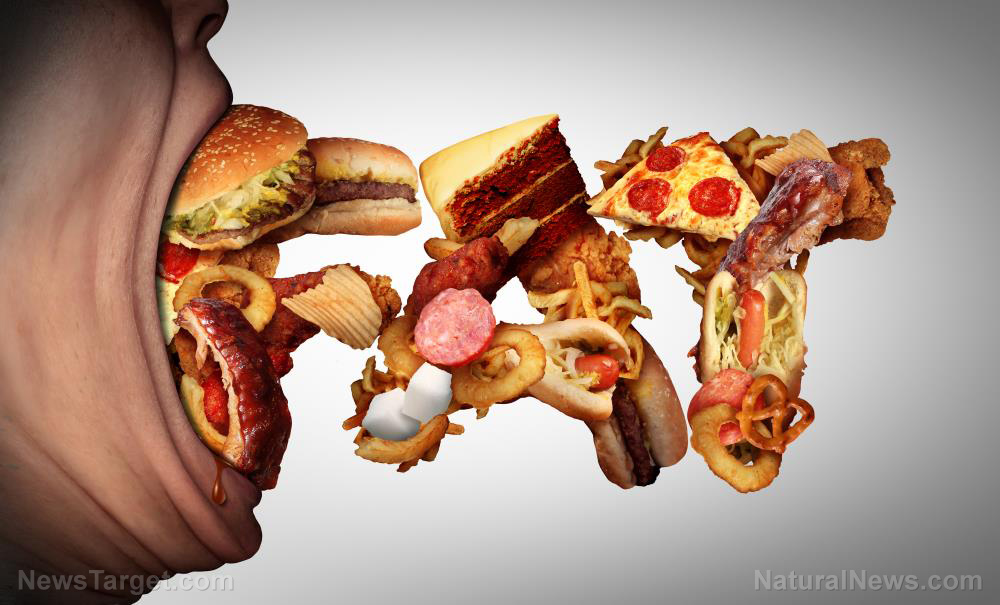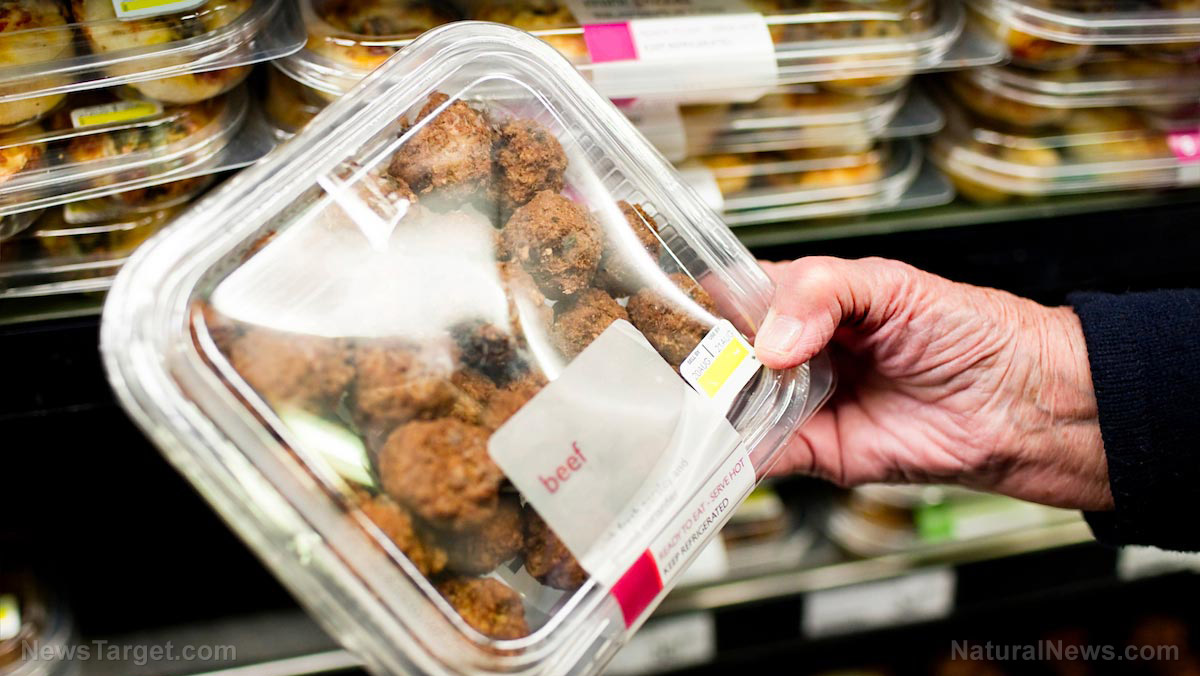 Parler
Parler Gab
Gab
"Speed Eating Linked to Liver Damage, Study Finds – But the Fix Is Simple"
In today’s fast-paced world, eating quickly has become a common habit—but new research suggests it could be silently harming one of the body’s most vital organs. A study from China, involving nearly 2,000 participants, reveals that consuming meals in under five minutes significantly increases the risk of metabolic dysfunction-associated steatotic liver disease (MASLD), regardless of weight or diet quality. The findings, published in Nutrition & Diabetes, highlight an overlooked health hazard in modern eating habits—one that experts say can be reversed with simple behavioral changes. The study, conducted across 10 medical centers in China, found that 59.3% of frequent fast eaters developed MASLD, compared to just 46.2% of those who ate slowly. Even after accounting for factors like weight and diabetes, the link remained strong. "Fast eating appears to trigger a cascade of metabolic problems," researchers noted, including elevated liver enzymes, higher blood pressure, and increased waist circumference—all markers of liver stress. The liver processes nutrients and filters toxins, but when food is consumed too quickly, the body misses crucial satiety signals. Hormones like GLP-1 and peptide YY, which regulate appetite, need time to activate. Fast eaters often overconsume calories before feeling full, leading to fat accumulation in the liver. Additionally, rapid eating disrupts the gut-liver axis—the communication between digestive bacteria and liver function—further worsening metabolic health. Surprisingly, the study found the strongest association in normal-weight individuals (BMI under 25), non-smokers, and women. This suggests fast eating is an independent risk factor, not just a pathway to obesity-related liver disease. "People assume they’re safe if they’re not overweight, but this research shows otherwise," said one expert. The good news? Changing eating habits can reverse the damage. Experts recommend:- Allowing 15-20 minutes per meal
- Chewing thoroughly (20-30 times per bite)
- Avoiding distractions like phones or TV
- Pausing halfway through meals to let satiety signals kick in
Chemical invasion: The hidden dangers lurking in everyday foods
By Ava Grace // Share
Centenarians’ genetic and lifestyle secrets unlock path to living healthy to 100
By Willow Tohi // Share
CDC targets sick children and pregnant women for covid vaccines in controversial new policy
By Finn Heartley // Share
This overlooked class of food additives is linked to Crohn’s disease and cancer
By Lance D Johnson // Share
Behind burnout: Brain scans reveal how long work hours can rewire your brain
By Willow Tohi // Share
Governments continue to obscure COVID-19 vaccine data amid rising concerns over excess deaths
By patricklewis // Share
Tech giant Microsoft backs EXTINCTION with its support of carbon capture programs
By ramontomeydw // Share
Germany to resume arms exports to Israel despite repeated ceasefire violations
By isabelle // Share










